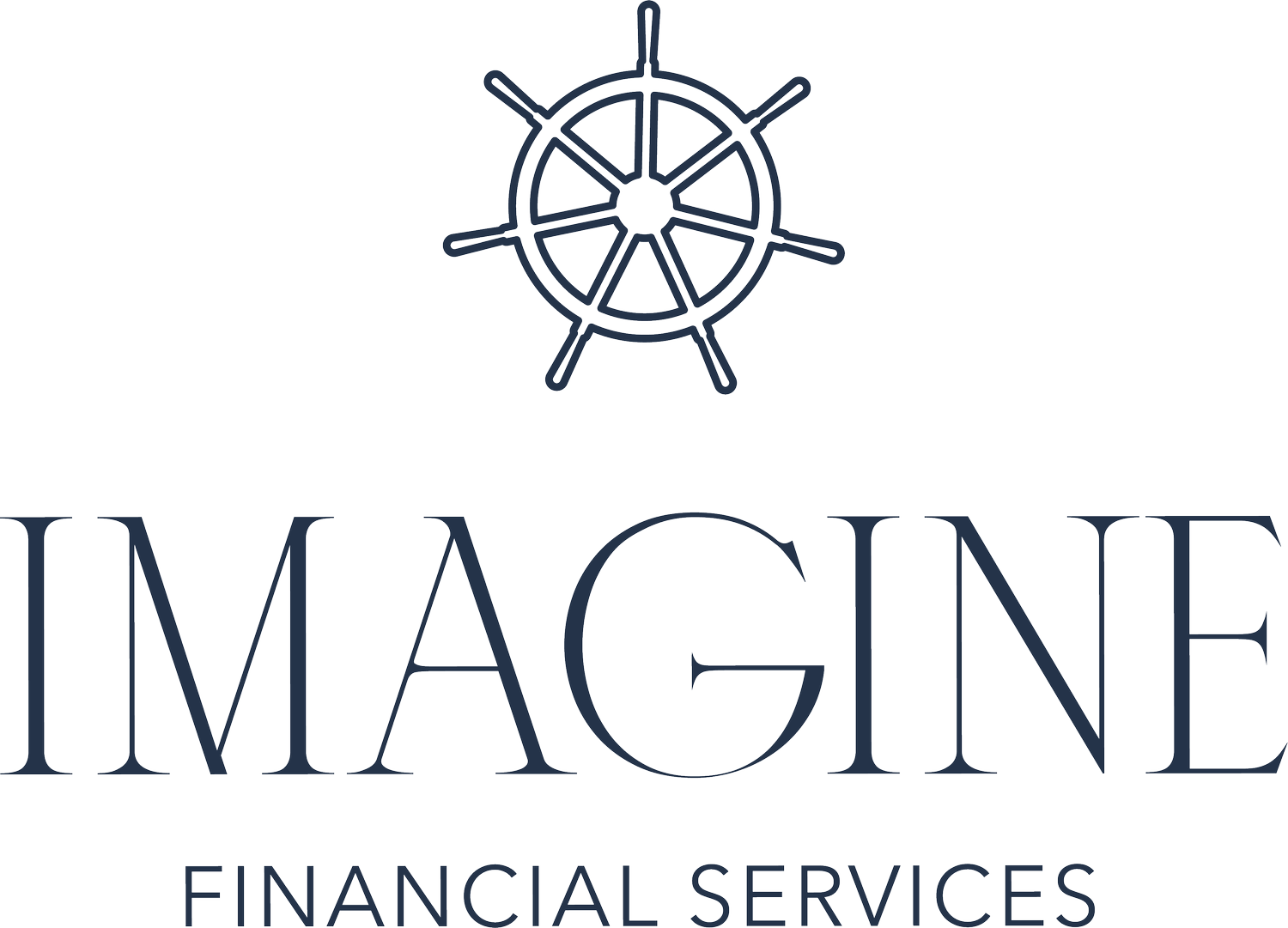Marianne Nolte, CFP® Shares 5 Financial Pre-Retirement Targets
Financial well-being incorporates hard work and a positive mindset. It involves a carefully orchestrated financial plan, implementation tactics, and continued review.
With proper planning, retirement can be a beautiful experience!
As you work toward retirement, there are 5 financial targets to address no later than your 50s. Now is the time to get started.
#1 - Know your numbers
Guestimating a budget is not going to cut it. Pre-retirees need to understand their monthly household budget. Yes, it can be a lot of work, but tracking specific income and expenses is a must.
Simply guessing can get a person into a lot of trouble. Instead, look through receipts and credit cards to accurately determine what is spent each month. Only after tracking your expenses and income for at least three months, you can arrive at a realistic average.
Tracking your budget for a full year will yield even better results. Continued budgeting reveals infrequently repeating expenses like car registration, property tax, and other bills that only occur once or twice a year. Knowing when these annual expenses are due keeps you better prepared to make payments without last-minute stress.
#2 - Kick savings into high-gear
At retirement, you will be without the comfort of a recurring employer paycheck. You will have to self-fund your lifestyle. Now is the time to save like never before!
This is the last opportunity to invest for future-you. Even those who have been saving money regularly can increase their success in retirement by increasing their savings.
If you keep a large amount of cash in your checking or savings, be mindful of FDIC limits on these bank accounts.
#3 - Tidy your desk
Don't leave your estate in disrepair. Have estate documents drafted to protect your wishes, family, and assets from the negative impact of probate.
If something were to happen to you, have a prepared information sheet to help direct a trusted contact who would be working to settle your affairs.
Prepare a list of your assets including the name of the the financial institution where they are held.
Jot down important contacts like your estate attorney, CPA, and Certified Financial Planner™.
#4 - Tax planning
It is important to have a clear understanding of your tax situation.
Some pre-retirees will be at the height of their earning potential. Others may take a pay cut to step back from challenging careers and seek a less stressful work routine.
Changes to income can create either tax obligations or opportunities for the implementation of tax-advantaged strategies.
Be aware of Required Minimum Distributions (RMDs) which apply to retirement accounts like your 401(k), IRA, 403(b), etc. Roth IRAs do not have RMDs. Your Certified Financial Planner™ and CPA can recommend strategies to strengthen your RMD tax situation.
#5 - Financial Plan
Begin formulating your financial plans by asking yourself what you value in life. What's on your bucket list? What are your short and long-term goals? It's time to turn your dreams into goals with a plan!
First, jot down your dreams. Second, re-order them as priority goals. At this point, your financial planner can help to determine if and how you can financially support these goals with a documented plan.
Life happens and unexpected changes will happen. When a plan is in place, it can serve to alleviate many fears with preparedness for the unexpected. You and your financial advisor should revisit your financial plan annually to see if any adjustments are needed.
Conclusion
A successful retirement doesn't just happen. As you approach retirement, take advantage of your last working years to solidify your financial well-being.
Estimating a budget is not good enough. Generate a solid budget and prepare for retirement expenses.
It is time to kick savings into high gear and invest in your future.
Don't leave your assets in disarray. Have an estate attorney draft documents to support your intentions.
Work with your Certified Financial Planner™ and CPA to strengthen your taxable situation.
Prioritize your goals to turn them into a plan. Revisit your plan regularly to stay on track for success.
Retirement preparation is not something you can afford to put off. Click the Calendly link to schedule your 1st appointment with Marianne Nolte, CFP®.
About the Author
Marianne Martini Nolte, CFP® provides tax-savvy wealth management for women and a few cool men.
Contact Imagine Financial Services to learn about the services provided and associated costs.
If you want to schedule a complimentary meet and greet with Marianne Nolte, Certified Financial Planner™ click this Calendly link
Subscribe to the Imagine Financial Services monthly Newsletter HERE.
To stay informed on a variety of topics, subscribe to the Imagine Financial Services YouTube Channel.
